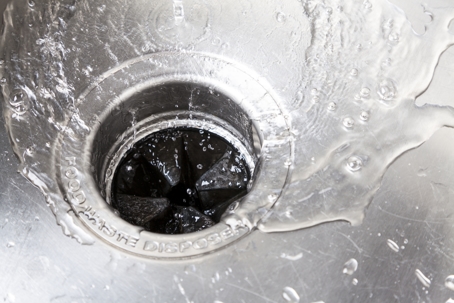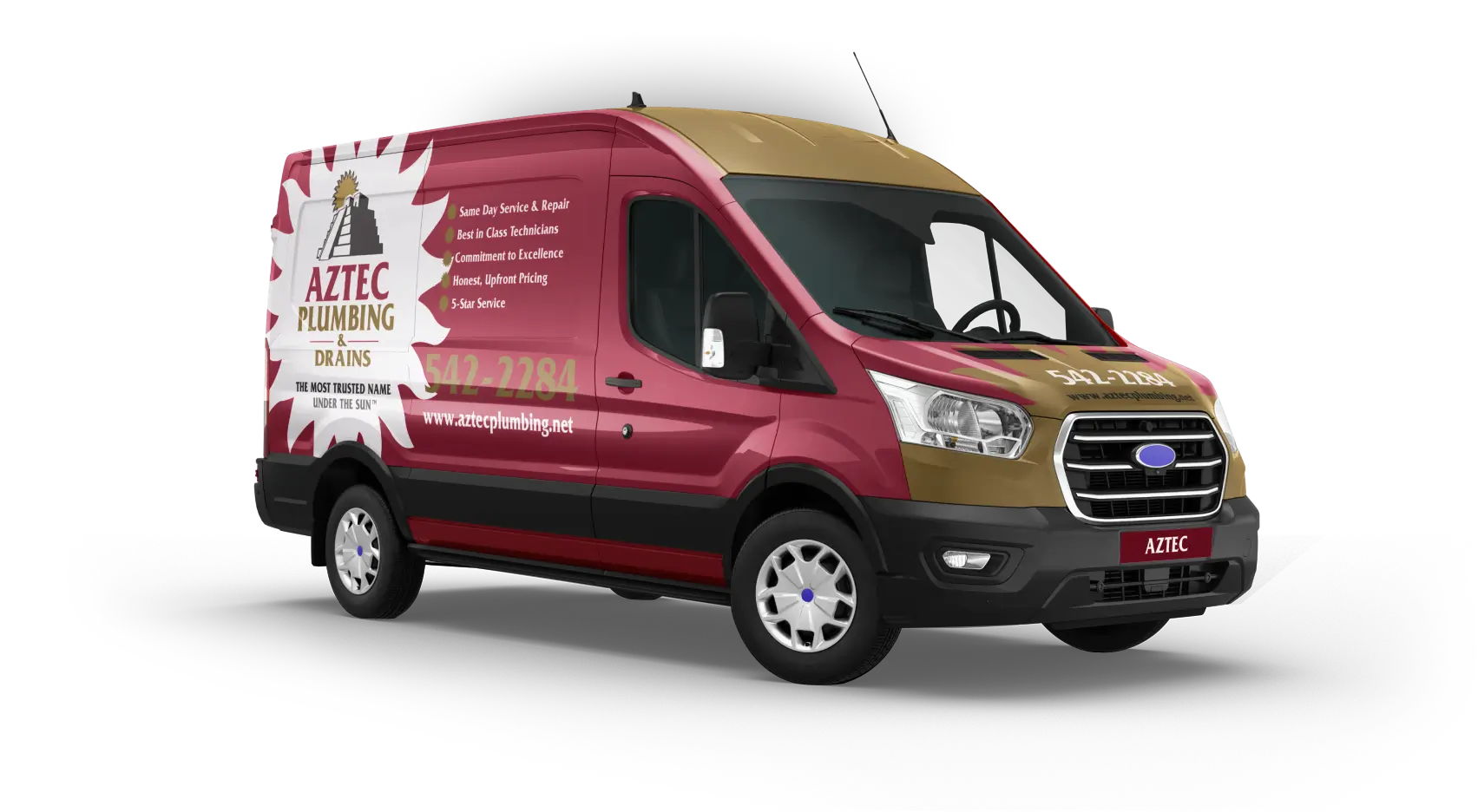If your water heater is reaching the end of its life, you may be standing in your garage or utility room wondering whether to replace it with another tank or move to a tankless system. Most Fort Myers homeowners just want something dependable and efficient that won’t run out of hot water when the whole family is trying to shower. The tricky part is that both systems can work well, but they perform very differently. Understanding those differences makes the decision a lot easier.
The Core Difference: Stored Heat vs. On-Demand Performance
A traditional tank water heater keeps a big supply of water heated all day. It waits for you to turn on the tap. A tankless unit heats water when you need it. It does not store anything. No waiting for a tank to refill. No running out during long showers.
Some homes love the simplicity of a tank. Others prefer the never-ending hot water from a tankless system. It depends on how your family uses water and how long you plan to stay in the home.
The Fort Myers Factor: Why Tankless Wins on Energy Efficiency
Fort Myers, Cape Coral, Naples, and most of Southwest Florida stay warm for much of the year. That heat actually gives tankless systems a natural advantage.
Eliminating Standby Heat Loss in Hot Florida Climates
A traditional water heater constantly reheats the water inside the tank. That is called standby heat loss. Many Fort Myers homes have water heaters in garages or exterior utility closets, where heat and humidity accelerate wear on older tank systems. The surrounding heat makes the tank work harder just to maintain temperature.
A tankless water heater avoids that problem entirely. Since it does not hold water, there is nothing to keep warm. The system fires only when you need it. That saves electricity and reduces wear on the system.
Lifespan, Warranty, and Water Damage Risk
Tank heaters usually last about 10 years. After that, the risk of leaks goes up. A tank failure can cause real damage to nearby walls or flooring.
Tankless systems last closer to 20 years or more, especially when they receive annual maintenance. And because there is no storage tank full of water, the risk of a sudden burst is much lower. For long term homeowners in Fort Myers or Port Charlotte, that extra lifespan often matters.
Sizing and Maintenance: Crucial Considerations for Southwest Florida
Choosing between tank vs tankless water heater systems means looking at your home’s water use and the conditions around your heater.
Understanding GPM: Sizing for Your Family’s Hot Water Demand
Tankless units are sized by gallons per minute. A small home may only need a lower GPM model. A big household running multiple showers will need more flow. Choosing the right size prevents the system from getting overwhelmed during busy times.
A traditional tank is easier to size. It is based on gallons stored. But once that hot water is gone, the tank needs time to reheat.
Hard Water: Why Annual Descaling Is a Must
Southwest Florida has hard water. Minerals in the water can build up inside both tank and tankless systems. Tankless units are a bit more sensitive to it. Minerals can reduce flow across the heat exchanger and cause performance issues.
Some neighborhoods in Fort Myers and Cape Coral have particularly mineral-heavy water, which can speed up scale buildup in both tank and tankless systems. This is why annual maintenance is important. A quick descale helps protect efficiency and keeps the heater running the way it should. Aztec’s maintenance plans help homeowners stay ahead of buildup.
Breaking Down the True Cost
Most homeowners want to know the price difference right away. Tankless water heater installation Fort Myers families choose can cost more upfront. There is no way around that. But long-term savings from lower energy use can make a real difference over time. A traditional tank costs less initially but uses more electricity to stay hot around the clock.
When you look at the big picture, tankless usually wins on long term ROI, and because tankless units last nearly twice as long, many homeowners only buy one tankless system in the same timeframe they would replace two traditional tanks.
Small homes, rental properties, or families with lower hot water use may still prefer a tank system. There is no wrong choice. It just depends on your goals.
Ready for Endless Hot Water?
If you are planning a water heater replacement, Fort Myers homeowners often ask us whether tankless is worth the upgrade. For families who use a lot of hot water or want better energy efficiency, the answer is usually yes. Aztec installs both traditional water heaters and electric tankless water heater models, so you can compare both options with a team that installs them every day.
Aztec has served Fort Myers, Cape Coral, Naples, and Port Charlotte homes for many years. Homeowners trust us for honest recommendations, clear pricing, and professional installation. Financing options are available for those who want to make the move to a tankless system without delaying the project.
Call Aztec Plumbing & Drains at (239) 932-2959 or contact us today and talk to one of our water heater specialists!










